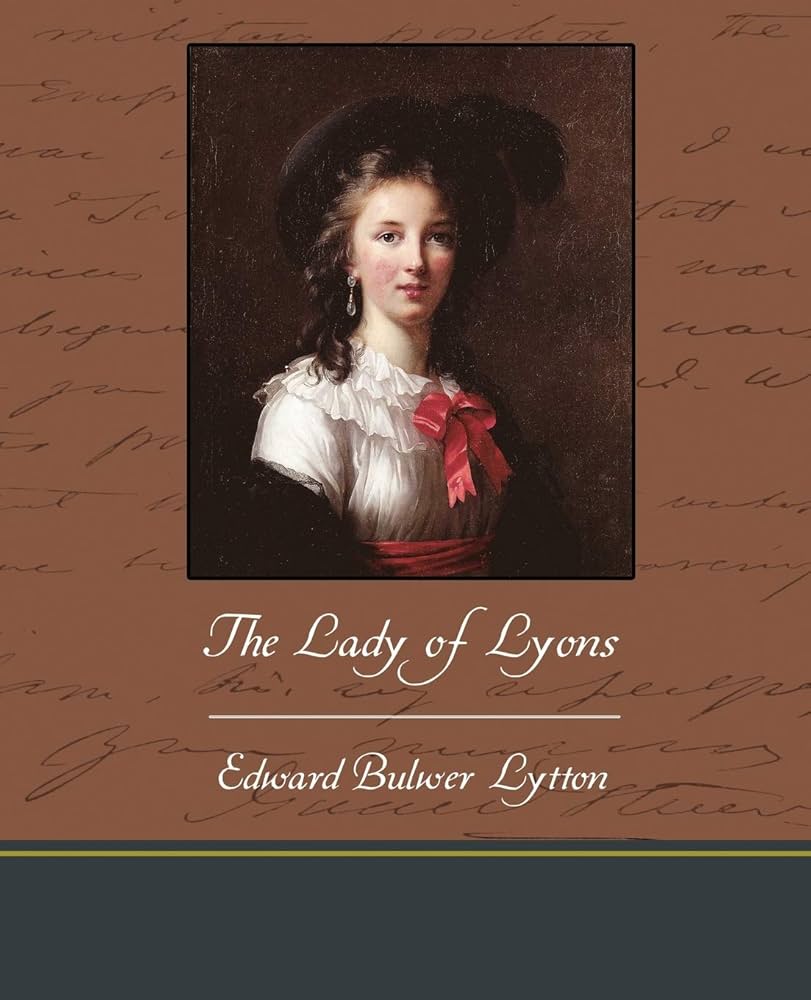Scene III — The Lady of Lyons
byScene III brings readers into a space charged with quiet tension and unspoken truths. At Melnotte’s humble cottage, the weight of regret lingers like morning mist. He is not the proud dreamer he once was but a man reshaped by his mistakes and desire for redemption. Though his plan to secure Pauline’s release through divorce is resolute, his heart remains divided—yearning for her forgiveness while accepting he may never earn it. The widow, his mother, offers gentle wisdom rather than judgment. Her belief in Melnotte’s goodness serves as both comfort and mirror, reflecting the man he strives to become, not the one he once pretended to be.
Inside this quiet storm, Pauline struggles with emotions she cannot fully name. Anger rests heavily on her pride, yet her heart refuses to sever all ties. The simplicity of Melnotte’s life and the sincerity of his gestures begin to soften the edges of her pain. Though she arrived convinced of her resentment, she finds herself unable to ignore the gentler truth—this man, though flawed, loved her beyond pretense. Her bitterness begins to shift as she sees not a schemer, but a soul exposed and ashamed. In the silence between them, a new understanding is born—one not built on illusion, but on the painful work of redemption.
Melnotte’s resolve is further tested when Beauseant reappears, this time not as a spurned suitor, but as a man bent on exploiting Pauline’s vulnerable position. His words drip with persuasion, cloaked in the pretense of care, but motivated by vanity and vengeance. Pauline, already disoriented by her internal conflict, is momentarily caught in Beauseant’s web of manipulation. The tension rises swiftly until Melnotte enters, his arrival cutting through Beauseant’s intentions like a blade. No longer bound by deceit, Melnotte defends Pauline with honor and restraint, showing he has truly changed. His composure and courage shift the energy, reclaiming the dignity lost in earlier chapters.
Pauline watches, torn between disbelief and admiration, as Melnotte confronts Beauseant not with cruelty, but with a protector’s grace. The contrast between the two men becomes stark—one seeks control, the other chooses sacrifice. Pauline begins to see love not as a fairy tale, but as something forged through humility, action, and persistence. Though her pride resists, her heart responds. She sees the quiet truth in Melnotte’s eyes: he loves her, not as a possession, but as someone worthy of pain, growth, and change. This realization disrupts her resolve, forcing her to confront not only Melnotte’s humanity, but her own.
The emotional atmosphere intensifies as Pauline’s parents arrive, accompanied by Colonel Damas. The reunion is far from joyous—words fly, judgments fall, and emotions overflow. Melnotte, prepared for the worst, offers no defense beyond the truth. His willingness to surrender Pauline, even to his own detriment, stuns the room into silence. His confession is not framed as excuse, but as surrender—a relinquishing of control in favor of accountability. Damas watches closely, understanding more than he lets on, while Monsieur Deschappelles, still clinging to appearances, demands separation. Social norms, wounded pride, and fear of scandal all call for Pauline’s withdrawal.
But Pauline does not retreat. In a moment that crystallizes the entire arc of her transformation, she refuses to abandon Melnotte. Her voice does not shake. She chooses him—not out of pity or recklessness, but from the clarity that love, when it survives betrayal and shame, becomes something more powerful than status or comfort. Her words, though simple, carry the force of truth. She doesn’t ask for approval. She stands in defiance of everything she was raised to value, placing her heart above public opinion. In that moment, Pauline’s strength surpasses even Melnotte’s. She does not just forgive—she affirms.
This chapter elevates the narrative from personal drama to a broader commentary on integrity and emotional resilience. Forgiveness is not portrayed as weakness, but as an act of agency. Melnotte’s arc—from deception to redemption—serves as a blueprint for how love matures when it passes through suffering. Pauline’s decision becomes revolutionary: by embracing love over pride, she rewrites the rules dictated by her upbringing. The play acknowledges how difficult this choice is, yet it also reveals its quiet glory. In a world obsessed with wealth and status, Pauline finds something purer, even if it means embracing hardship.
The underlying power of this scene lies in its reminder that love is not sustained by perfection, but by effort and humility. The final tone is not just romantic—it is liberating. Pauline and Melnotte have become equals, forged in the fires of pain, misunderstanding, and honesty. Their love is no longer a fantasy—it is a shared truth. This makes the chapter resonate deeply with audiences across time, who see in their story a reflection of their own struggles to balance heart and pride. What began as a tale of vanity ends in profound emotional maturity, challenging every character—and every reader—to reconsider what love truly demands.

